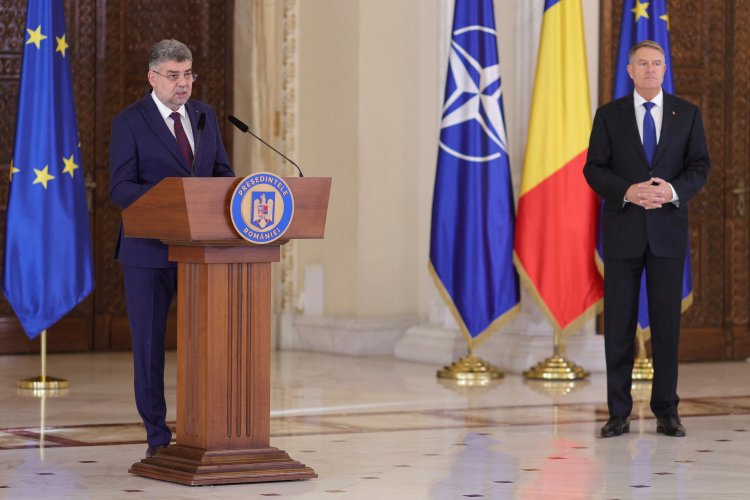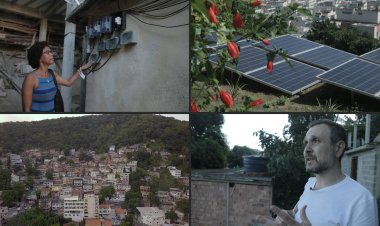Romania forms coalition for new government

Romanian President Klaus Iohannis has designated Social Democrat Prime Minister Marcel Ciolacu to form a new government following a coalition agreement among three pro-European parties after the December 1 parliamentary election. The new government formation comes at a crucial time as Romania faces significant political challenges.
The coalition comprises the Social Democrat Party (PSD), which secured eight cabinet positions including justice, transport, labor, and defence; the centrist Liberal Party (PNL), which obtained six posts including energy, interior, and foreign ministries; and the ethnic Hungarian party UDMR, which received two positions, including finance. Together with ethnic minority representatives, the coalition holds a slim parliamentary majority against three ultranationalist and hard-right parties that control over a third of the seats.
Ciolacu, who was scheduled to present his cabinet and program to parliament for a confidence vote, acknowledged the country's deep political and trust crisis. The proposed governing program aims to provide stability, implement reasonable budgetary controls, and reform both central and local administrations.
A significant task facing the new government is managing the presidential election timeline following recent complications. The first round of elections on November 24 was annulled by Romania's top court, citing alleged foreign manipulation of public opinion. The three coalition parties have agreed to support a unified candidate to prevent a far-right victory in the rescheduled elections, expected in early 2025.
The coalition's formation represents a strategic move to maintain pro-European leadership in Romania, particularly following the controversial first-round presidential election victory of NATO-skeptic and Russia-friendly politician Calin Georgescu. The new government faces the challenge of restoring public trust while navigating complex domestic and international political dynamics.















